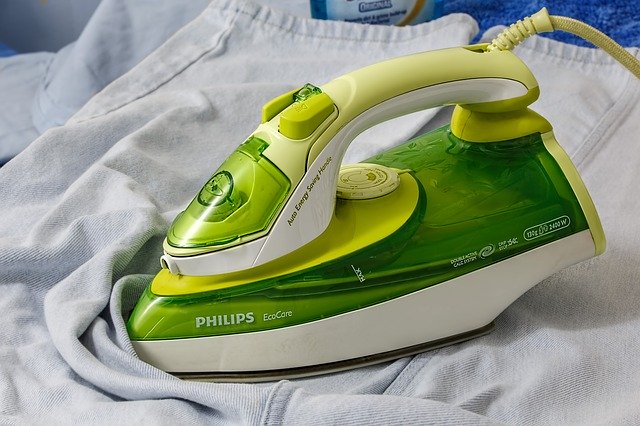Gender Roles and Housework
The Stereotype in Comedy
The perception of gender roles in household chores has been long-established. Television shows, like a particular skit from Saturday Night Live, often humorously underline how certain tasks are “feminine” or “masculine”. But why is there resistance towards tasks deemed unmanly? In this episode, we delve deeper into these ingrained norms and their implications. Discover more in this episode.
The Fragility of ‘Manhood’
Central to this discussion is the concept of “Precarious Manhood”, introduced by researchers Jennifer Bosson and Joseph Vandello. This idea highlights the societal pressure on men, in Western cultures, to continuously prove and validate their manhood, fearing its potential loss.
One fascinating study by Jennifer Bosson showcased how men felt the need to reassert their masculinity. When tasked with gender-atypical activities, such as braiding hair, these men would later exhibit more aggressive behaviors. This behavior contrasts starkly with tasks they deemed “manly”, emphasizing how deep-rooted such perceptions are.
Media’s Influence
Media plays a crucial role in reinforcing these stereotypes. Women are predominantly shown managing indoor chores on TV, while men, if involved in cooking, are outside grilling. Despite evolving gender roles, these age-old images persist, continually influencing our perceptions.
‘Pink’ vs ‘Blue’ Jobs
Interestingly, the differentiation doesn’t stop at household tasks. We often label certain jobs as “pink” or “blue”, associating them with care and outdoor work respectively. Such definitions further confine us within the bounds of traditional gender norms.
Discussion and Way Forward
Challenging these norms is essential. Classroom discussions can initiate this change, prompting students to reflect on gender stereotypes and how to counteract them. Questions such as the one’s relevance of these roles or ways to change them can stimulate constructive conversations.
In conclusion, while humor in shows provides a lighthearted look at gender norms, it’s imperative to understand and challenge these deep-seated perceptions. Our roles should not be defined by outdated norms but by our capabilities and preferences.
Precarious manhood and displays of physical aggression.
Vandello, J.A., Bosson, J.K., Cohen, D., Burnaford, R.M. & Weaver, J.R. (2008). Precarious Manhood. Journal of Personality and Social Psychology, 95 (6), 1325 – 1339.





Louis Miressi
May 20, 2020BTW – I’m proud of you!